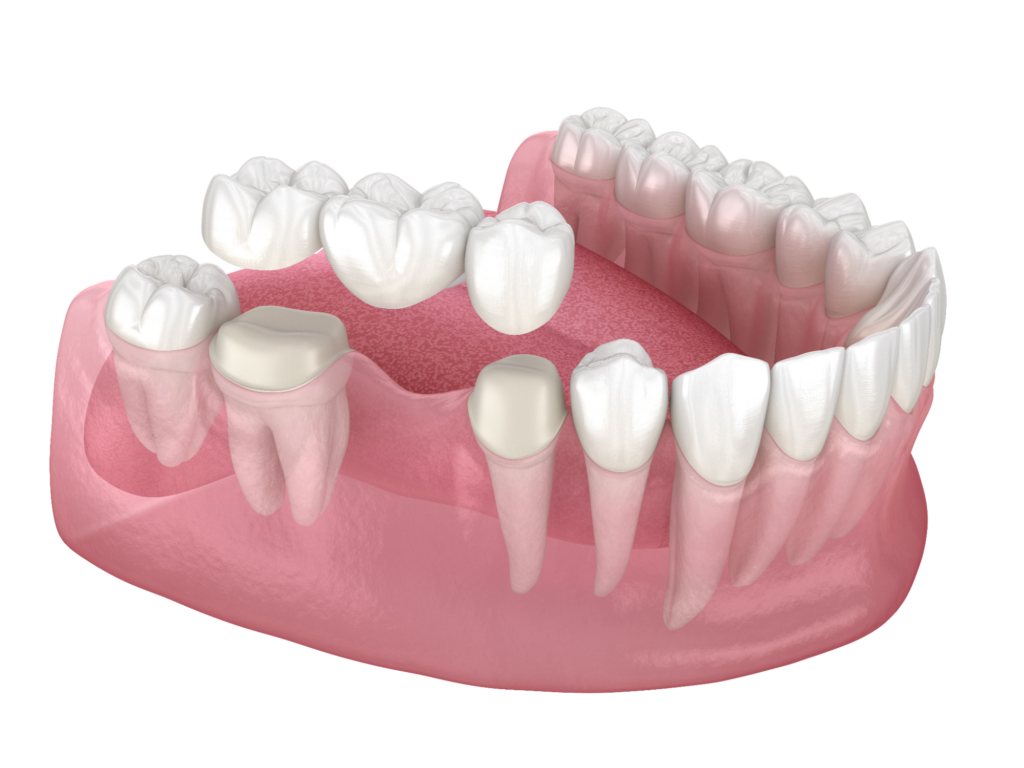From biting into a hard piece of candy to accidentally getting hit in the face during sports, a chipped tooth can happen to anyone at any time. While it can be a scary and uncomfortable experience, there are plenty of options available to help you get back to feeling like yourself. Join us as we explore the causes of chipped teeth, the available treatment options, and what you can do to ensure a speedy and successful recovery.
Causes of Chipped Tooth
Understanding the causes of chipped teeth is critical for preventing them. While some causes, such as accidents or trauma, may be outside our control, others can be easily preventable with proper care and attention.
Accidents or trauma
One of the most common causes of chipped teeth is accidents or trauma. Whether it’s a fall, a sports injury, or simply getting hit in the face, these incidents can happen suddenly and without warning, often leading to chips, cracks, or even broken teeth.
Biting down on hard objects
Have you ever bitten down on a hard piece of candy or ice, only to feel a sharp pain and realise you’ve chipped your tooth? Unfortunately, biting down on hard objects is another common cause of chipped teeth. Popcorn kernels, jawbreakers, and even pen caps can all put a lot of pressure on your teeth, causing chips or cracks to form. While it may be tempting to use your teeth as tools to open packages or bottles, doing so can also increase your risk of ending up with a chipped tooth.
Tooth decay or cavities
Tooth decay or cavities are another common cause of chipped teeth. When left untreated, decay can weaken the structure of your teeth, making them more susceptible to chips and fractures. Studies have shown that nearly one-third of Australian adults have at least one tooth surface affected by untreated dental caries. So, if you have untreated decay or cavities, you may be more likely to experience chipped teeth.
Grinding or clenching teeth
Grinding or clenching your teeth, also known as bruxism, can put a lot of pressure on your teeth and cause them to chip or crack over time. It is especially true if you grind or clench your teeth while you sleep, as you may not even realise you’re doing it.
Weakened tooth enamel
Tooth enamel is the hard outer layer that protects your teeth from damage and decay. When the enamel turns weak, your teeth can become more vulnerable to chips and cracks. One common cause of weakened enamel is acid erosion, which can occur when you consume acidic foods or drinks. Another factor that can weaken enamel is excessive brushing or using abrasive toothpaste. Over time, this can wear away the enamel and leave your teeth more susceptible to chipping.
Treatment Options for Chipped Tooth
Fortunately, there are multiple treatment options to fix chipped teeth and restore your smile. However, your dentist will first examine your mouth to determine the extent of damage before recommending the best course of action for your unique situation.
Below are some possible treatment options for chipped teeth:
Dental bonding
Dental bonding is a simple and cost-effective treatment that involves applying a tooth-coloured resin material to the affected tooth. The resin is then sculpted and polished to match the shape and colour of the surrounding teeth, covering the chip flawlessly to match the remaining teeth.
Veneers
Veneers are thin, custom-made shells bonded over the front of your teeth to improve their appearance. They are usually made of porcelain or resin composite material and can be used to cover up chips, cracks, and other dental imperfections.
Crowns
Crowns are tooth-shaped caps placed over the entire tooth to restore its shape, size, and strength. They are made of porcelain, metal, or a combination of both, and can cover up large chips or cracks.
Dental implants
Dental implants are a long-lasting and natural-looking solution for missing or severely damaged teeth. The procedure involves placing a titanium screw in your jawbone which then supports your new prosthetic tooth.
Tooth extraction
In some cases, if the crack is severe and cannot be repaired, your dentist may recommend a dental extraction, which involves removing the damaged tooth and replacing it with a dental implant or bridge.
Recovery Process for a Chipped Tooth
After receiving treatment for a chipped tooth, make sure to take proper care of your mouth to speed up the recovery process. Not only will it help ensure a smooth recovery, but also reduce the risk of complications. Some important steps that you can take include:
Pain management
After receiving the treatment, you may experience some discomfort or sensitivity. Your dentist may recommend over-the-counter pain relievers or prescribe medication to help manage any pain. Make sure to follow your dentist’s instructions and take medication as directed.
Oral hygiene
Maintaining good oral hygiene is crucial during the recovery process. You should continue to brush your teeth twice a day and floss daily, being careful around the treated area. Your dentist may also recommend a special mouthwash or fluoride treatment to help promote healing and prevent infection.
Follow-up appointments
Attending any follow-up appointments with your dentist is essential to ensure your recovery is progressing as planned. Your dentist will monitor your progress, check for any signs of complications, and make any necessary adjustments to your treatment plan. Be sure to communicate any concerns or issues you may be experiencing during these appointments.
Prevention Tips for Chipped Teeth
Preventing a chipped tooth is often easier than dealing with the consequences of one. By taking some simple precautions, you can reduce your risk of experiencing a chipped tooth. Here are some tips to keep in mind:
Avoid chewing on hard objects
Refrain from biting down on hard objects directly to avoid tooth damage, and consider using utensils or tools to break them into smaller, more manageable pieces before eating.
Wear a mouthguard during sports or other physical activities
If you engage in sports or activities that involve a risk of falls or impact, it’s crucial to wear a mouthguard to help protect your teeth from chips, fractures, and other types of damage.
Practise good oral hygiene
Brushing twice daily and flossing regularly can help keep your teeth and gums healthy, reducing your risk of tooth decay and gum disease. Good oral hygiene also promotes strong tooth enamel and helps prevent your teeth from chipping.
Schedule regular dental check-ups
Regular dental check-ups allow your dentist to identify and treat any dental problems before they become more serious. Your dentist can also provide personalised advice on maintaining good oral health and preventing chipped teeth.
Restore Your Smile to Its Former Glory
Chipped teeth can be a painful and inconvenient experience, but with the right treatment and prevention methods, you can restore your smile and protect your teeth from future damage. By practising good oral hygiene, avoiding hard objects, wearing mouthguards during physical activities, and scheduling regular dental check-ups, you can keep your teeth healthy and beautiful for years to come. Remember, if you experience a chipped tooth, don’t hesitate to consult our dentist. At our Bayside dental clinic, our caring dentists can assess your situation and recommend the best treatment options for your unique needs.Contact us today to schedule an appointment.


